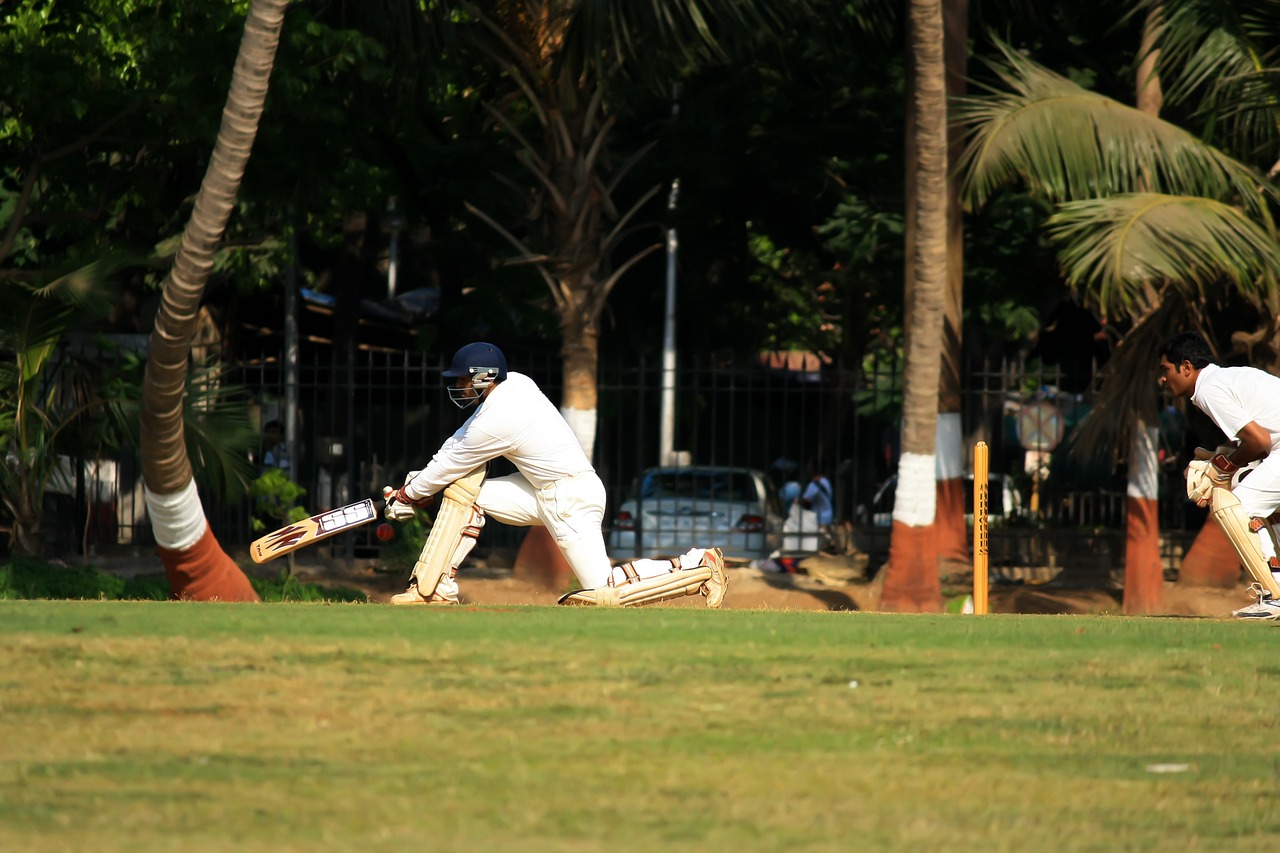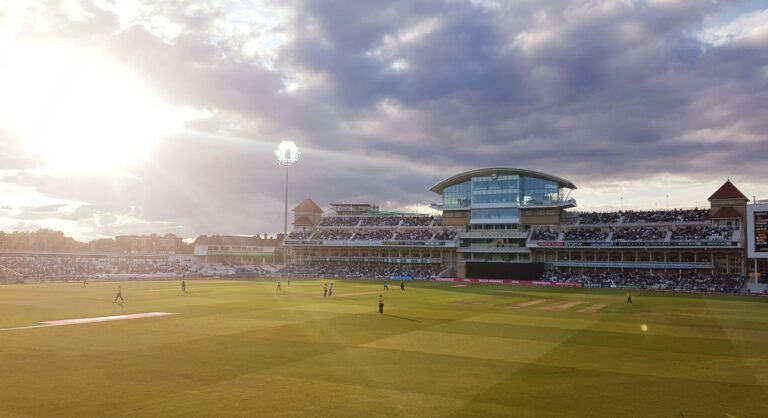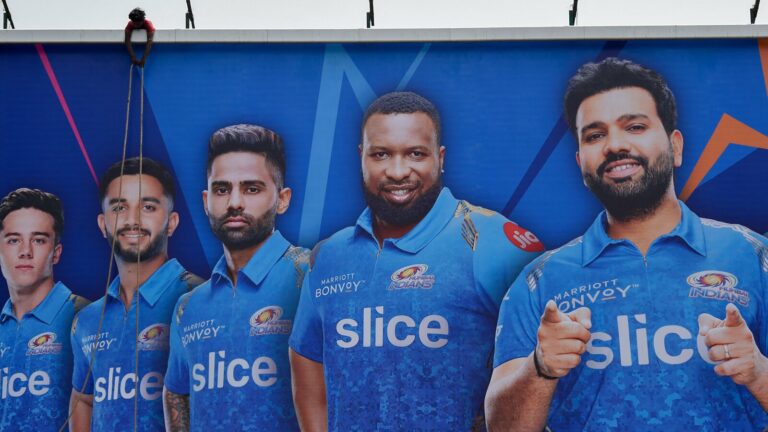The Role of IPL in Shaping Cricketing Broadcasting Ethics
Lotus365, Gold365: The Indian Premier League (IPL) has emerged as a powerhouse in the world of cricket, revolutionizing the sport with its innovative format and high-octane entertainment. With its star-studded line-up of players, extravagant opening ceremonies, and fast-paced matches, IPL has captured the attention of cricket fans worldwide.
As the popularity of IPL continues to soar, it has brought about a paradigm shift in the way cricket is broadcasted. The immense commercial success of IPL has led to a fierce competition among broadcasters to secure broadcasting rights, resulting in exorbitant bidding wars. This commercialization of cricket has raised concerns about the ethical implications of broadcasting, with questions being raised about the prioritization of profits over the integrity of the sport.
• The IPL has revolutionized cricket with its innovative format and high entertainment value
• Star-studded line-up of players and extravagant opening ceremonies have captured the attention of fans worldwide
• Fast-paced matches add to the excitement and thrill of watching IPL games
• The commercial success of IPL has led to intense competition among broadcasters for broadcasting rights
• Exorbitant bidding wars have become common due to the popularity of IPL
• Concerns have been raised about the ethical implications of prioritizing profits over the integrity of the sport in broadcasting decisions
The Commercialization of Cricket through IPL
The Indian Premier League (IPL) has become synonymous with the commercialization of cricket. The blend of entertainment, glitz, and high-stakes cricket matches has transformed the way the sport is consumed by millions of viewers worldwide. The IPL’s model has ushered in a new era where cricket matches are not just about sporting prowess but also about sponsorships, endorsements, and revenue generation.
The league’s success in attracting top international players, massive television rights deals, and elaborate marketing campaigns have only accelerated the monetization of cricket. IPL teams are now valued at staggering figures, and the tournament itself has become a lucrative platform for brands to reach a diverse and engaged audience. As a result, the once traditional sport of cricket has been transformed into a product that is packaged and sold to consumers, creating a paradigm shift in the way the game is perceived and consumed globally.
Ethical Dilemmas Faced by Broadcasters in Covering IPL Matches
Broadcasters covering IPL matches often find themselves walking a fine line between providing entertaining coverage and maintaining ethical standards. With the pressure to attract viewers and advertisers, there is a temptation to sensationalize events or manipulate narratives. This can lead to a conflict between journalistic integrity and commercial interests, creating ethical dilemmas for broadcasters.
Moreover, the close relationship between broadcasters and IPL teams or sponsors can blur the lines of impartiality. Promotional activities and endorsements can influence the way matches are presented, raising questions about the objectivity of the coverage. As broadcasters strive to strike a balance between commercial partnerships and fair reporting, they must navigate these ethical challenges to uphold the credibility of their broadcasts.
What are some ethical dilemmas faced by broadcasters in covering IPL matches?
Some ethical dilemmas faced by broadcasters include balancing the need for revenue through sponsorships with maintaining journalistic integrity, handling conflicts of interest, and ensuring fair and unbiased coverage of matches.
How has the rise of IPL impacted cricket broadcasting ethics?
The rise of IPL has led to increased commercialization of cricket, which has raised concerns about the influence of sponsors on broadcasting content, the prioritization of revenue over fair reporting, and the potential for conflicts of interest among broadcasters.
What are some ways broadcasters can navigate ethical dilemmas in covering IPL matches?
Broadcasters can establish clear ethical guidelines for their coverage, disclose any potential conflicts of interest, prioritize fair and unbiased reporting, and seek to maintain the integrity of the sport despite commercial pressures.
How can viewers assess the ethical standards of broadcasters covering IPL matches?
Viewers can evaluate the ethical standards of broadcasters by paying attention to the balance of advertising and content, the transparency of sponsorship deals, the diversity of perspectives presented, and the overall fairness and accuracy of the coverage.







